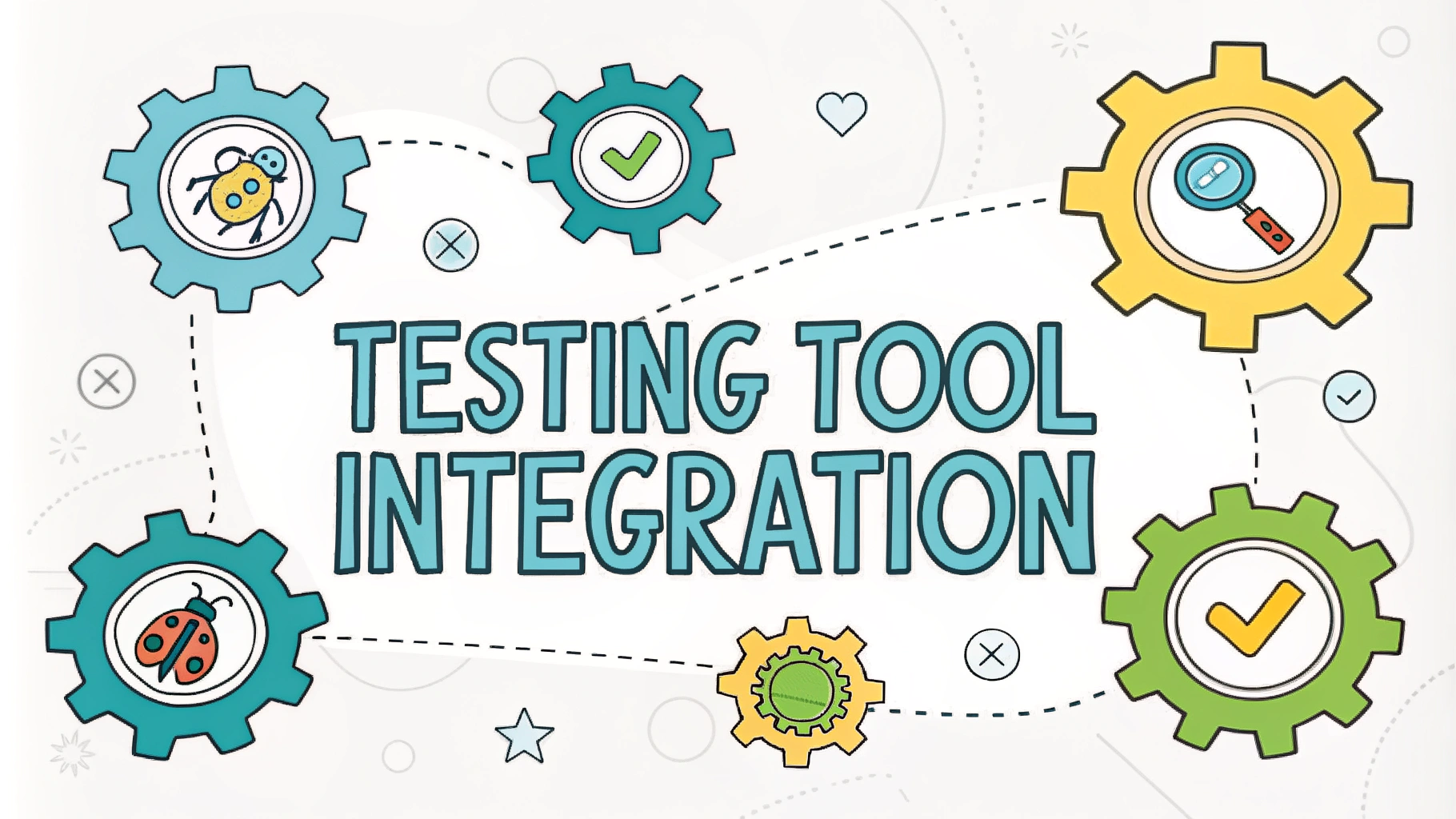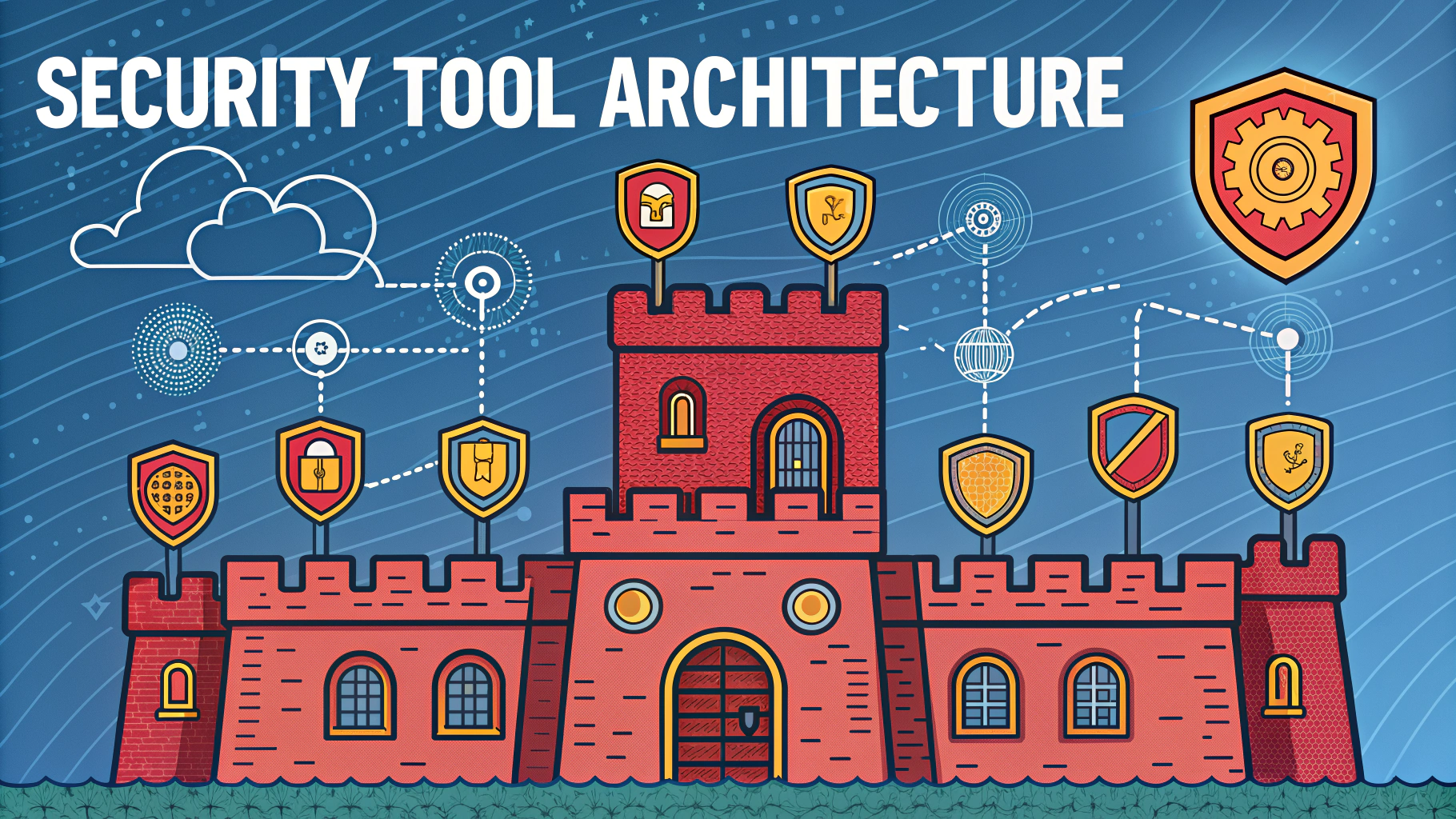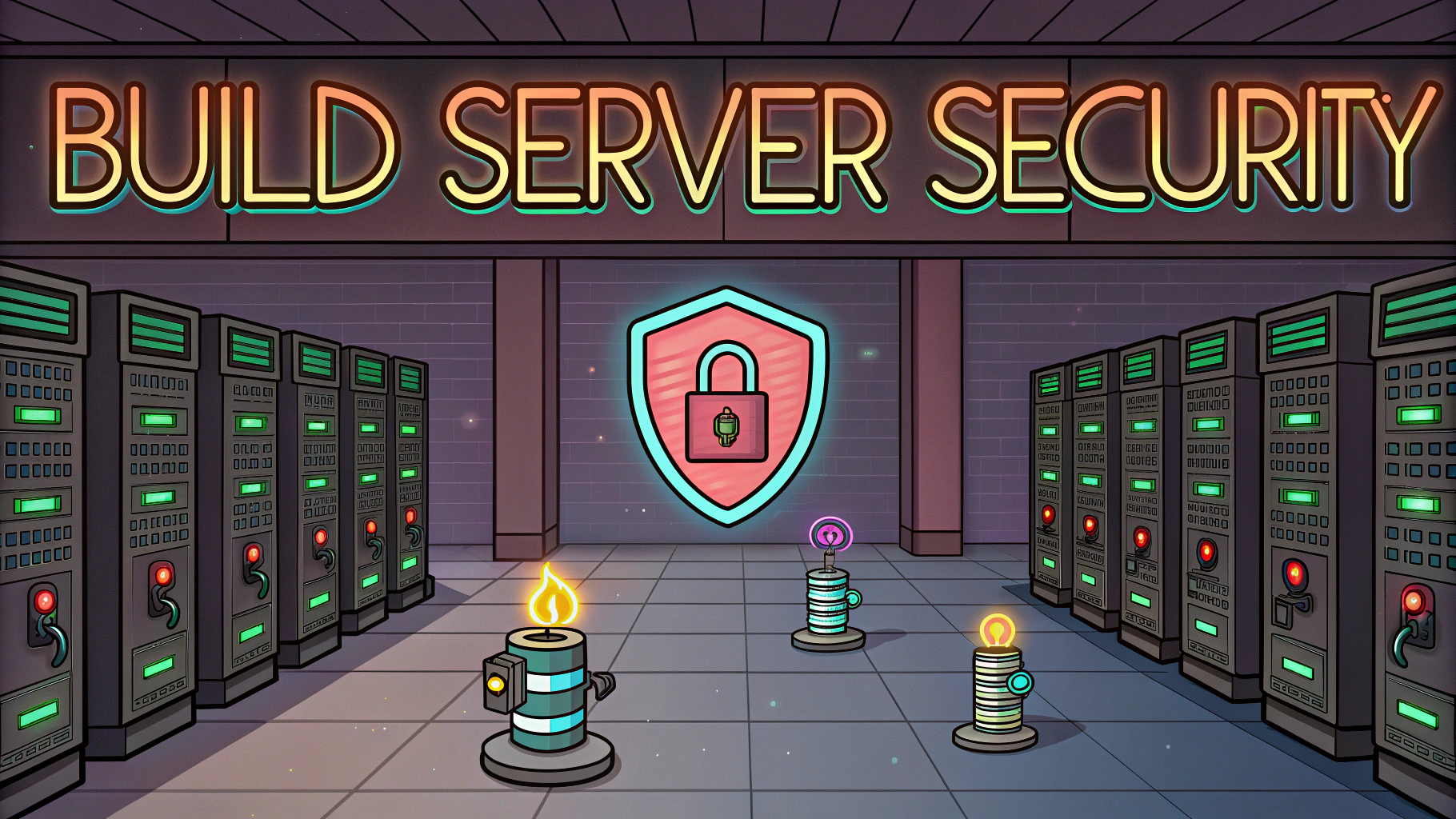Building a successful career in penetration testing requires a mix of technical expertise, professional certifications, and practical experience.
Security professionals who specialize in penetration testing are in high demand, with competitive salaries ranging from $85,000 to $160,000+ depending on experience and location.
This guide outlines practical steps to advance your penetration testing career, from essential certifications to networking strategies and skill development.
Essential Certifications for Career Growth
- CompTIA Security+ – Entry-level certification demonstrating core security knowledge
- CEH (Certified Ethical Hacker) – Industry-standard certification for ethical hacking
- OSCP (Offensive Security Certified Professional) – Hands-on penetration testing certification
- GPEN (GIAC Penetration Tester) – Advanced certification focusing on penetration testing methodologies
Technical Skills Development
- Programming Languages: Python, Bash, PowerShell
- Network Protocols and Security
- Web Application Security
- Mobile Application Testing
- Cloud Security (AWS, Azure, GCP)
Practical Experience Building
Set up a home lab with virtual machines to practice penetration testing techniques safely and legally.
Participate in bug bounty programs on platforms like HackerOne (hackerone.com) and Bugcrowd (bugcrowd.com).
Contribute to open-source security tools and projects on GitHub.
Professional Development Resources
- TryHackMe (tryhackme.com) – Guided learning paths
- HackTheBox (hackthebox.com) – Advanced practice environments
- OWASP (owasp.org) – Web application security resources
- Portswigger Web Security Academy (portswigger.net/web-security)
Industry Networking
Join professional organizations like ISACA (isaca.org) and (ISC)² (isc2.org).
Attend security conferences such as BlackHat, DEF CON, and BSides events.
Connect with other professionals through LinkedIn and security-focused Discord communities.
Portfolio Development
- Document successful penetration tests (within NDA constraints)
- Maintain a security research blog
- Create and share write-ups of CTF challenges
- Develop and publish security tools on GitHub
Next Steps for Growth
Focus on specializing in high-demand areas like cloud security, IoT testing, or red team operations.
Consider pursuing management roles or starting an independent security consulting business.
Stay updated with the latest security trends through resources like the NIST Cybersecurity Framework (nist.gov/cyberframework).
Building a Strong Personal Brand
- Develop a professional online presence through LinkedIn and Twitter
- Share knowledge through speaking engagements and webinars
- Create educational content on platforms like YouTube or Medium
- Participate in security podcasts and industry discussions
Work-Life Integration
Balance continuous learning with personal time to prevent burnout in this demanding field.
Consider flexible working arrangements, including remote opportunities and consulting roles.
Build a support network of mentors and peers who understand the unique challenges of cybersecurity work.
Advanced Career Paths
Technical Leadership
- Lead penetration testing teams
- Design security assessment frameworks
- Mentor junior security professionals
Strategic Roles
- Security architecture consulting
- Risk management advisory
- Security program development
Navigating Your Security Journey
Success in penetration testing requires continuous adaptation to evolving threats and technologies.
Focus on building both technical expertise and soft skills to maximize career opportunities.
Remember that cybersecurity is a journey of constant learning and professional growth.
FAQs
- What certifications are most valuable for advancing a career in penetration testing?
CompTIA Security+, CEH (Certified Ethical Hacker), OSCP (Offensive Security Certified Professional), CISSP (Certified Information Systems Security Professional), and GPEN (GIAC Penetration Tester) are the most recognized certifications. - How many years of experience are typically required to become a senior penetration tester?
Most senior penetration testing positions require 5-7 years of hands-on experience in information security, with at least 3 years specifically in penetration testing. - What technical skills are essential for career growth in penetration testing?
Programming (Python, Bash, PowerShell), networking fundamentals, operating systems (Linux/Windows), web application security, wireless security testing, and proficiency with security tools like Metasploit, Burp Suite, and Nmap. - Which industries offer the best career opportunities for penetration testers?
Financial services, healthcare, government contractors, technology companies, and cybersecurity consulting firms offer the most opportunities and competitive salaries. - What’s the typical career progression path in penetration testing?
Junior Penetration Tester ��� Penetration Tester ��� Senior Penetration Tester ��� Lead Penetration Tester ��� Security Consultant ��� Security Manager/Director. - How important is building a professional network in the penetration testing field?
Extremely important. Attending security conferences (like DefCon, Black Hat), joining professional organizations, and participating in bug bounty programs can lead to career opportunities and knowledge sharing. - What are the most valuable non-technical skills for career advancement in penetration testing?
Report writing, presentation skills, project management, client communication, and the ability to explain technical concepts to non-technical stakeholders. - How can I demonstrate expertise without years of professional experience?
Build a portfolio through bug bounty programs, contribute to open-source security tools, maintain a security blog, create CTF challenges, and obtain relevant certifications. - What role does continuing education play in penetration testing career advancement?
Continuous learning is crucial due to rapidly evolving threats and technologies. Regular training, certification updates, and staying current with new attack vectors and defense mechanisms is essential. - How does specializing in specific areas of penetration testing affect career growth?
Specializing in areas like mobile application security, IoT security, or cloud security can lead to higher paying positions and more targeted career opportunities.







